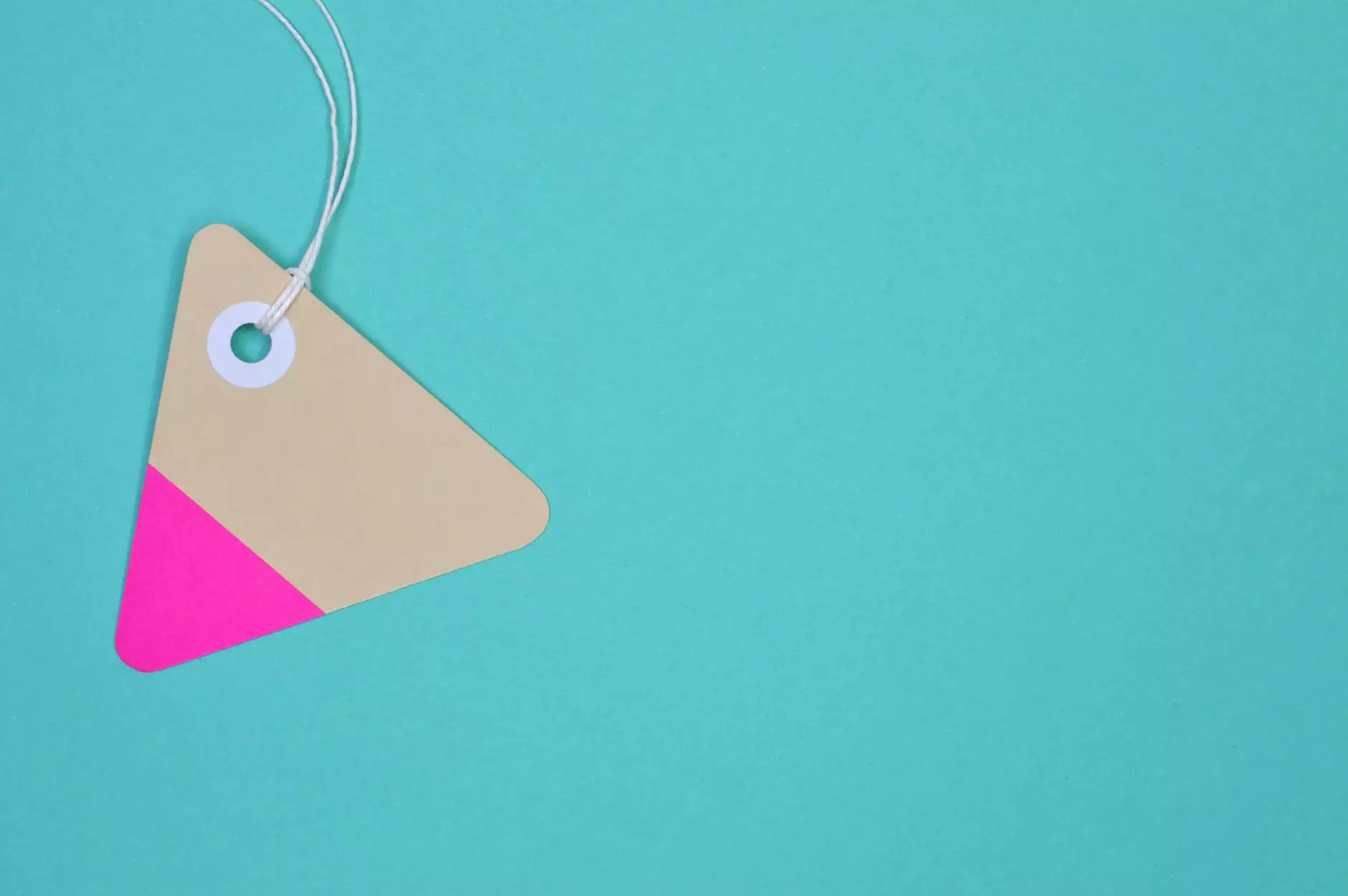Understanding Drugs Against Anxiety: A Comprehensive Guide

Anxiety disorders are among the most common mental health issues faced today, causing significant distress and impairment in daily functioning. Fortunately, various treatments, including drugs against anxiety, can help individuals manage their symptoms effectively. This article aims to provide an in-depth understanding of these medications, their types, and their role in managing anxiety.
What is Anxiety?
Anxiety is a natural response to stress, characterized by feelings of worry, fear, or apprehension. It is essential to differentiate between occasional anxiety, which everyone experiences, and chronic anxiety disorders that can severely disrupt a person’s life.
Types of Anxiety Disorders
- Generalized Anxiety Disorder (GAD): Persistent and excessive worry about various aspects of life.
- Panic Disorder: Recurrent panic attacks and intense fear that triggers severe physical reactions even in the absence of a danger.
- Social Anxiety Disorder: Overwhelming anxiety and self-consciousness in social situations.
- Obsessive-Compulsive Disorder (OCD): Involves unwanted and intrusive thoughts (obsessions) leading to repetitive behaviors (compulsions).
- Post-Traumatic Stress Disorder (PTSD): Anxiety that can occur after experiencing or witnessing a traumatic event.
Why Use Drugs Against Anxiety?
Drugs against anxiety can significantly improve the quality of life for those suffering from anxiety disorders. Here are some reasons why these medications are commonly used:
- Symptom Relief: They can alleviate the overwhelming feelings associated with anxiety.
- Improved Daily Functioning: Many individuals can return to their daily activities more effectively when their anxiety symptoms are managed.
- Enhancement of Therapy Outcomes: When used in conjunction with therapy, these medications can enhance the effectiveness of treatment.
Types of Drugs Against Anxiety
There are several classes of medications available for treating anxiety disorders, each with its mechanisms of action, benefits, and potential side effects.
1. Selective Serotonin Reuptake Inhibitors (SSRIs)
SSRIs are often the first line of treatment for anxiety disorders. They work by increasing the serotonin levels in the brain, which can help to improve mood and anxiety levels.
- Common SSRIs:
- Fluoxetine (Prozac)
- Sertraline (Zoloft)
- Escitalopram (Lexapro)
2. Serotonin Norepinephrine Reuptake Inhibitors (SNRIs)
SNRIs are similar to SSRIs but also target norepinephrine, another neurotransmitter that can influence mood and anxiety responses.
- Common SNRIs:
- Duloxetine (Cymbalta)
- Venlafaxine (Effexor XR)
3. Benzodiazepines
Benzodiazepines are fast-acting medications that can help with acute anxiety symptoms. However, they are typically prescribed for short-term use due to the risk of dependence.
- Common Benzodiazepines:
- Diazepam (Valium)
- Alprazolam (Xanax)
- Lorazepam (Ativan)
4. Buspirone
Buspirone is an anxiolytic that is considered less addictive than benzodiazepines, making it a suitable option for long-term management of anxiety.
- Key Features:
- Non-sedating
- Less potential for abuse
Finding the Right Medication: The Role of a Healthcare Professional
Choosing the appropriate medication for anxiety should always be done in consultation with a healthcare professional. They can help determine the best course of action based on individual symptoms, history, and any other health considerations.
Consultation with a psychiatrist or a primary care physician is crucial as they can provide:
- A complete assessment of anxiety symptoms.
- Recommendations based on the latest research and practices in mental health treatment.
- Monitoring progress and adjusting medication as necessary.
Managing Side Effects of Drugs Against Anxiety
While many individuals benefit significantly from medications, it's essential to be aware of potential side effects. Common side effects might include:
- Weight gain or loss
- Fatigue
- Sexual dysfunction
- Insomnia
- Nausea
Patients should communicate any side effects they experience to their healthcare provider, who may adjust the dosage or change the medication if necessary.
Alternatives and Complementary Therapies
In addition to pharmacological treatment, various alternative and complementary therapies can help manage anxiety. These include:
- Cognitive Behavioral Therapy (CBT): A structured, short-term psychological treatment focused on changing negative thought patterns.
- Mindfulness and Meditation: Practices that can help reduce anxiety by promoting relaxation and improving emotional regulation.
- Exercise: Physical activity is known to boost mood and decrease anxiety symptoms.
- Nutritional Supplements: Certain vitamins and minerals may aid in anxiety management, such as Omega-3 fatty acids and magnesium.
Where to Purchase Drugs Against Anxiety
When seeking medications for anxiety, it’s crucial to purchase from reputable sources to ensure quality and safety. Consider the following options:
- Pharmacies: Local and national pharmacies typically stock common medications.
- Online Drugstores: Websites like topchemicalshoponline.com offer a range of medications, including those for anxiety. Ensure they are licensed and operate within legal guidelines.
- Cannabis Dispensaries: In regions where medical cannabis is legal, certain strains and products may offer relief for anxiety.
Final Thoughts
Managing anxiety disorders can seem daunting, but there are effective drugs against anxiety and treatments available. With the right approach and guidance from health professionals, individuals can find relief and regain control over their lives. Always prioritize open communication with your healthcare provider and be proactive in your mental health journey.
Remember, healing is a process, and with the right support, you can find your way to a less anxious tomorrow.









